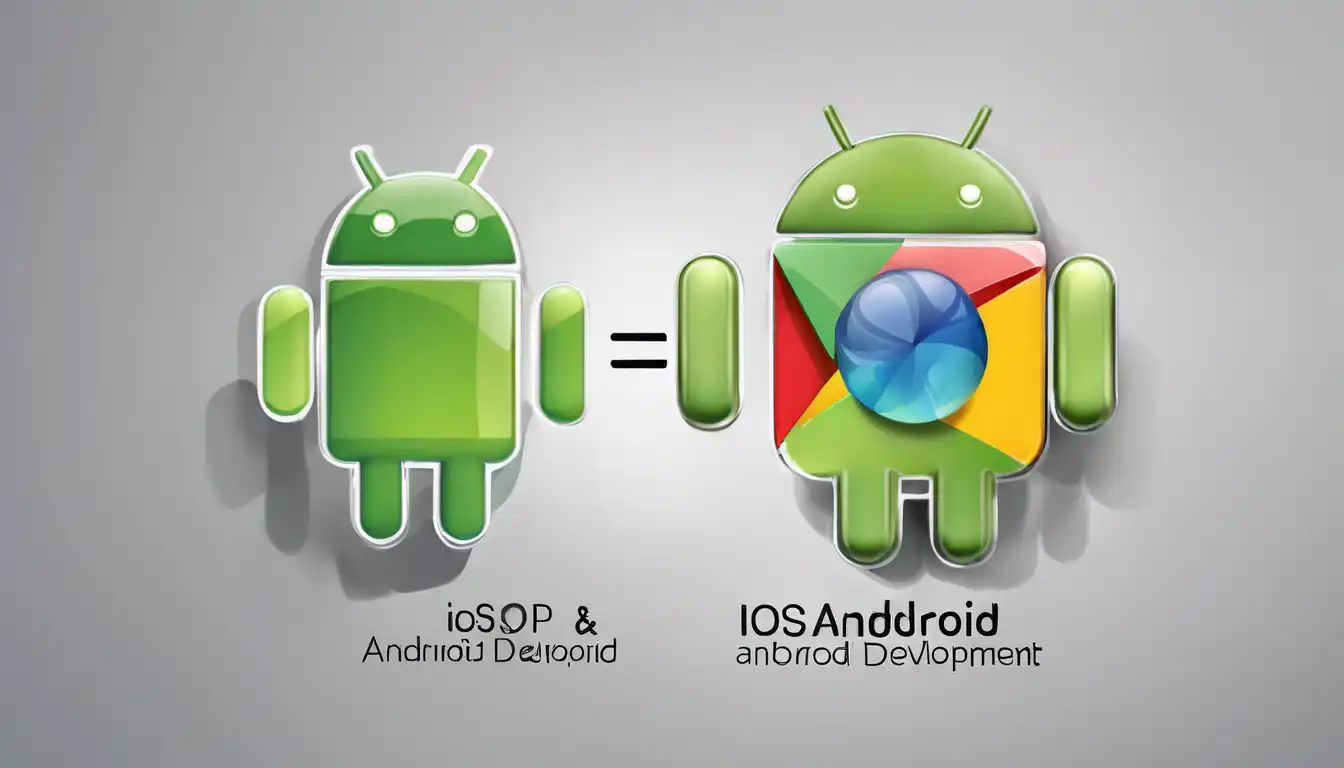Introduction to iOS and Android Development
In the realm of mobile app development, iOS and Android stand as the two dominant platforms, each with its unique ecosystem, development tools, and user base. Understanding the differences between iOS and Android development is crucial for developers aiming to create apps that cater to the preferences and behaviors of their target audiences.
Development Languages
One of the primary differences lies in the programming languages used. iOS apps are primarily developed using Swift or Objective-C, languages known for their performance and efficiency. On the other hand, Android apps are mostly written in Java or Kotlin, offering flexibility and a vast library of resources.
Development Environments
iOS development is tightly integrated with Apple's Xcode, an IDE that provides a seamless development experience for macOS users. Android developers, however, rely on Android Studio, which supports a wider range of operating systems, including Windows, macOS, and Linux.
Design Guidelines
Apple's iOS Human Interface Guidelines and Google's Material Design principles dictate the design standards for each platform. These guidelines influence not only the aesthetics but also the usability and user experience of the apps.
Fragmentation
Android's open nature leads to a wide variety of devices and OS versions, making fragmentation a significant challenge for developers. iOS, with its limited number of devices and controlled OS updates, offers a more uniform development environment.
App Store vs Google Play
The process of publishing an app also differs significantly between the two platforms. Apple's App Store is known for its stringent review process, while Google Play offers a more lenient approach, allowing for quicker updates and releases.
Monetization Strategies
Monetization strategies can vary between iOS and Android, with iOS users generally more willing to pay for apps upfront, while Android apps often rely on in-app advertisements and purchases.
Conclusion
Choosing between iOS and Android development depends on various factors, including target audience, budget, and project requirements. By understanding the key differences outlined above, developers can make informed decisions that align with their goals. For more insights into mobile development, explore our technology section.
